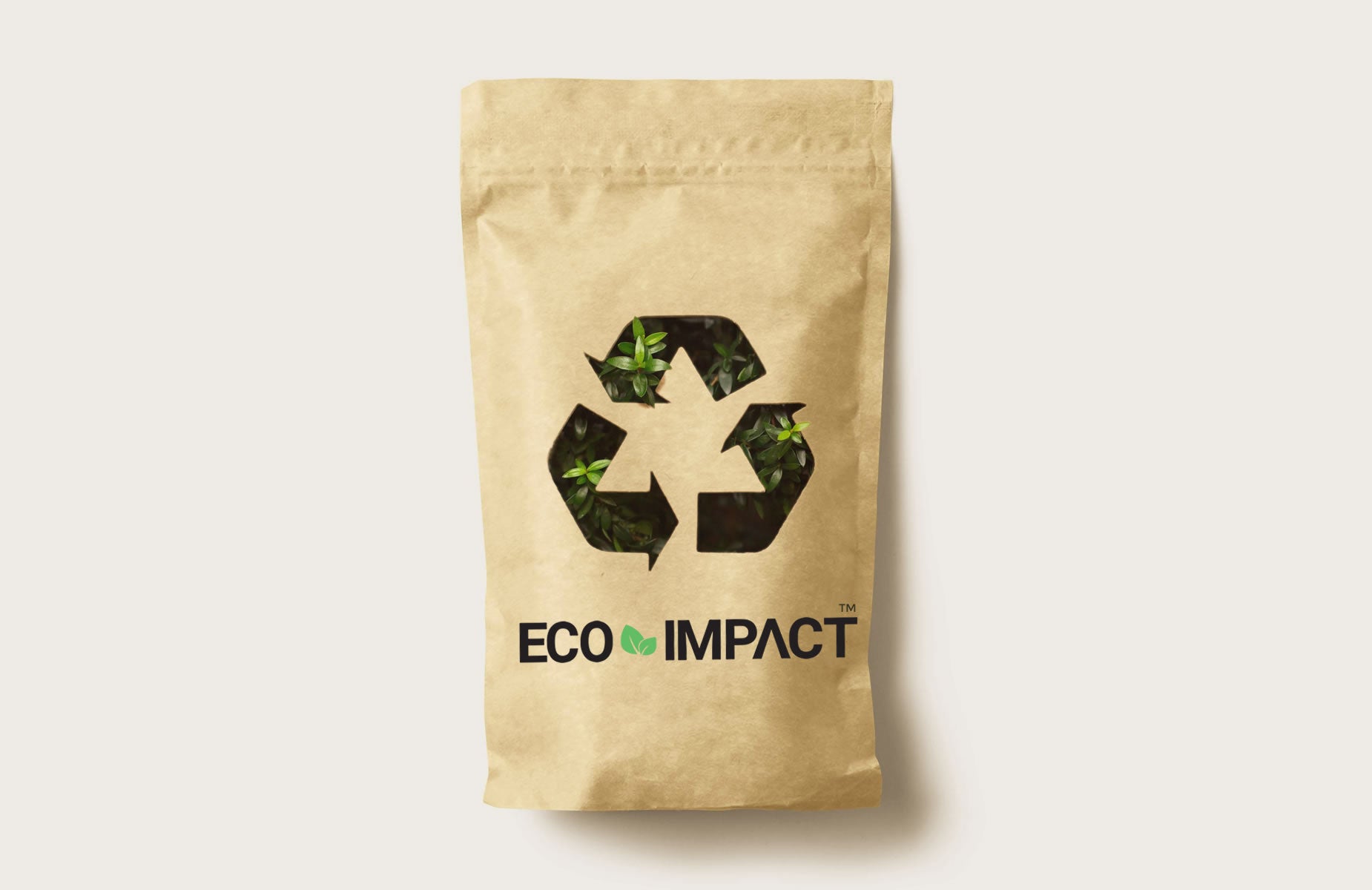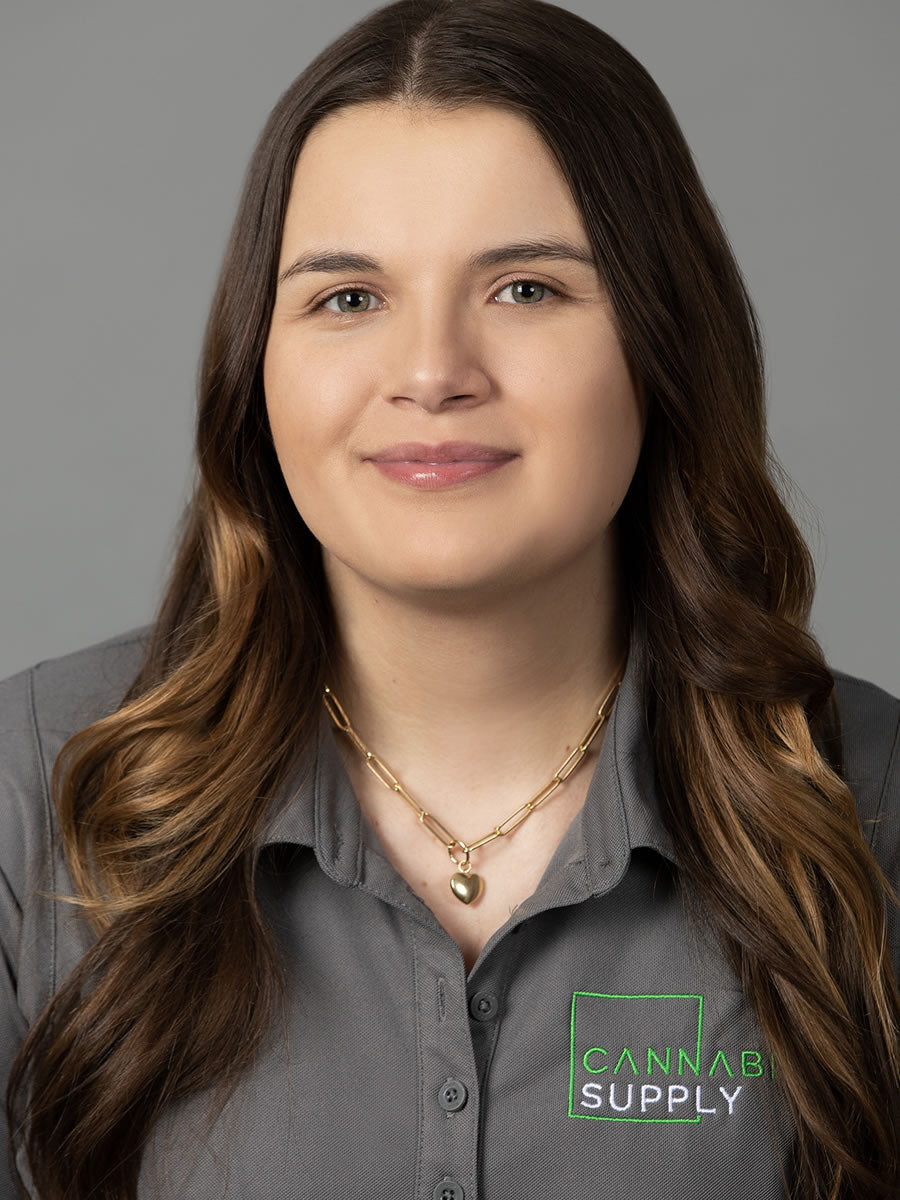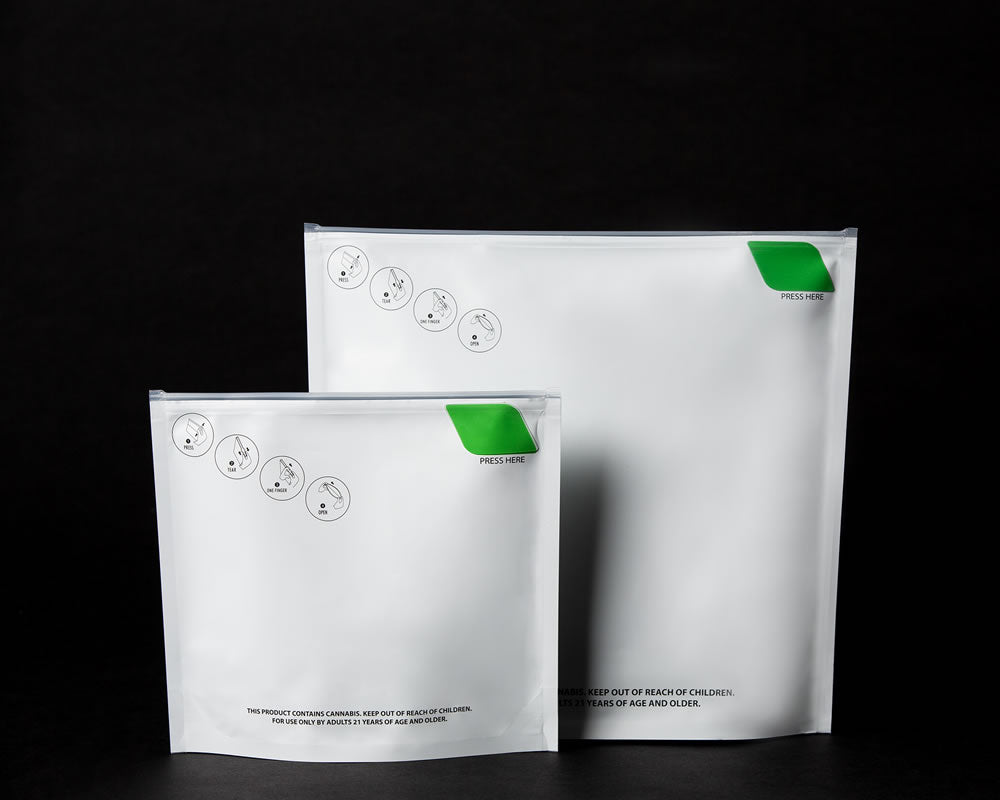Cultivating a Greener Future: How Cannabis is Going Eco-Friendly

The packaging industry has undergone a significant transformation in recent years, driven by the increasing demand for sustainability among consumers. The era of single-use plastics and excessive packaging waste is gradually giving way to a new paradigm: sustainable packaging.
Today, eco-conscious consumers are increasingly seeking brands that prioritize environmentally friendly practices, making sustainable packaging a crucial factor for business success. Increasingly, consumers are choosing one product over another based on its environmental impact. Using more sustainable packaging, and communicating that use to customers, can potentially improve a company's overall revenue.

This shift is particularly relevant in the cannabis industry, where the demand for products is rising alongside the need for sustainable practices. "In 2024, many states will require 50% eco-friendly packaging, and this is a crucial solution for cultivators, operators, and distributors," Fox emphasizes. "There are costly options on the market, but I’m here with accessible materials to help solve this issue. Sustainability goes beyond materials; it's about sustaining your business and income." Barbara Fox highlights the importance of recycled content in packaging materials, emphasizing the benefits of materials like bamboo and sugarcane-based options. "Nationally, only 10% of our home recycling gets recycled," she notes. "And not everyone can compost at home. To reduce our massive carbon footprint, we need materials that benefit even if they end up in landfills."
Barbara Fox introduced the "Eco impact" concept, designed to provide genuinely sustainable materials like bamboo and sugarcane-based options. This initiative aims to reduce the industry's environmental impact, offering consumers eco-conscious choices while diminishing the overall carbon footprint.
Bamboo and Sugar-care grow very fast and are members of the grass family, and are among the fastest growing woody plants in the world. It can grow up to 24 inches per day and reaches full harvesting maturity in three to seven years, significantly faster than hardwoods and it's easy on the environment.
In 2021, the United States produced 40 million tons of plastic waste. The Environmental Protection Agency estimates that the US has a combined recycling rate of only 32% for materials including glass, plastic, cardboard, and paper. However, a Recycling Partnership ORG's recent report on residential recycling suggests that we are capturing far less material than that — at least at the household level, the report also says that the national recycling rate is much closer to 21%, and 76% percent of residential recyclables are lost at the household level.
With upcoming government regulations requiring a shift to 50% eco-friendly packaging, cultivators, operators, and distributors face a formidable yet necessary challenge. The new law mandates that rigid plastic must contain a minimum of 20% recycled content by 2024, with a yearly 10% increase until reaching 50% recycled content. The law includes multiple solid waste provisions, including polystyrene foam bans and food serviceware-upon-request provisions.
Despite these challenges, Barbara Fox believes in making sustainable options accessible to consumers to simplify their lives and encourage repeat purchases through eco-conscious choices. Her initiatives and forward-thinking approaches set new benchmarks for sustainability in the cannabis industry, reflecting a growing acknowledgment of the critical need to balance consumer demand with environmental stewardship.
Overall, the cannabis industry is at a pivotal moment where sustainable packaging practices are not just desirable but essential for long-term success and environmental responsibility.





